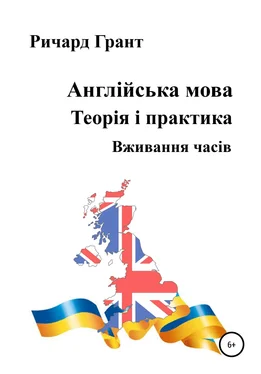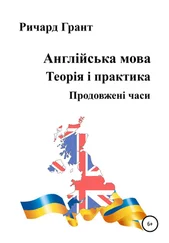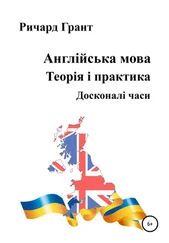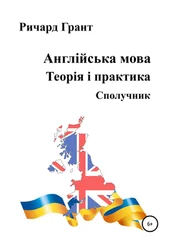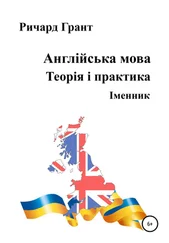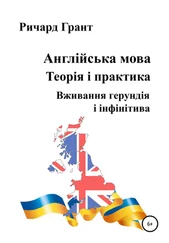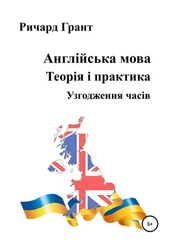Розкрийте дужки, вживаючи дієслова у Past Simple або Past Continuous.
1. When your father ( to come) home yesterday? – He ( to come) home at seven o’clock. 2. What he ( to do) the whole evening yesterday? – He ( to read) a book. 3. When I ( to play) in the yard, I suddenly ( to see) my old friend. 4. When I ( to enter) the classroom, the teacher ( to write) words on the blackboard and the pupils ( to copy) them into their exercise books. 5. When I ( to meet) Tom, he ( to go) to the shop. 6. She ( to fall) asleep at eleven o’clock yesterday. 7. When the police ( to take) the thief to the car, I ( to go) to the cinema to see the new Tom Cruise film. 8. I ( to go) to bed at ten o’clock yesterday. 9. When my father ( to come) home yesterday, my mother ( to make) supper. 10. She ( to sleep) when you came home? – No, she ( to knit). 11. When Nick ( to run) about in the yard, he ( to fall). 12. They ( to get) ready to go out when it ( to begin) to rain. 13. When I ( to look) out of the window, the children ( to play) hide-and-seek. 14. Mother ( to drink) tea at eleven o’clock yesterday. 15. When I ( to come) home from school yesterday, my little brother ( to sit) on the floor with all his toys around him. He ( to play) with them. I ( to tell) him to put his toys into the box as he ( to make) too much noise.
Вправа 28
Розкрийте дужки, вживаючи дієслова у Past Simple або Past Continuous.
We ( to walk) down the street in the direction of Mike’s house, when we ( to see) him in the window of a bus that ( to pass) by. He ( to recognize) us, too, but he could not get off as the bus ( to be) overcrowded. We ( to be) very sorry that we ( to have) no chance to speak to him. But we could do nothing and ( to decide) to go back. At that very moment we ( to hear) Mike’s voice behind us. “How funny,” he ( to say), “I ( to go) to your place when I suddenly ( to see) you here. I am so glad to see you.”
Вправа 29
Розкрийте дужки, вживаючи дієслова у Past Simple або Past Continuous.
The sun ( to go) down behind the hills when I ( to reach) a village which ( to be) only a few miles from the sea. The working day ( to be) over, and the villagers ( to come) home from the fields. Along the road two boys ( to drive) cows and sheep in the direction of the village. I ( to approach) a group of people standing near the road and ( to ask) them if I could find a place in the village to spend the night. An old man ( to say) he would help me. He ( to take) me to his small cottage at the far end of the street. A fire ( to burn) in the stove when we ( to enter) the house. One girl of about eighteen ( to prepare) supper in the kitchen while two other girls still ( to do) something in the kitchen garden near the house. The old man ( to invite) me to have supper with them. They all ( to seem) to be nice people and we ( to have) a friendly talk. After supper my new friends and I ( to go) out into the garden. The moon ( to shine) high in the sky, and the night ( to be) warm and beautiful. That evening ( to be) very pleasant, and I’ll remember it a long time.
Рiзниця мiж The Past Simple i The Present Perfect
1. Говоримо чи не говоримо, коли щось сталося.
У Present Perfect має значення факт вчинення дії і не має значення, коли саме вона відбулася. У Past Simple зазвичай вказується, коли саме відбулася дія.
Слова-маркери у Past Simple: yesterday (вчора), in 2015 (в 2015) , ago (тому назад), when I was younger (коли я був молодший) та інші.
I have ridden a horse! – Я їздив верхи! (неважливо, коли це було)
I rode a horse yesterday morning! – Вчора вранці я їздив верхи! (конкретний момент у минулому)
2. Закінчений період часу або поточний.
Якщо ми говоримо про період часу, який все ще триває, вживаємо Present Perfect. Часто на поточний період вказують такі слова-маркери, як today (сьогодні), this week (на цьому тижні) , this month (в цьому місяці) i this year (цього року).
Якщо період закінчений, використовуємо Past Simple. На нього вказують наступні слова-маркери: last week (минулого тижня), last month (минулого місяця), last year (минулого року).
I haven’t seen you in the office this week. – Я не бачив тебе в офісі цього тижня. (тиждень не закінчився)
I didn’t see Sofie at work last week. – Я не бачив Софі на роботі минулого тижня. (минулий тиждень закінчився)
3. Зв'язок з теперешнiм часом і факт з минулого.
У Present Perfect завжди є якась прив'язка до сьогодення, тоді як за допомогою Past Simple можна просто викласти факти про минуле.
We’re so happy! We have learnt English! – Ми такі щасливі! Ми вивчили англійську! (ми щасливі зараз – прив'язка до сьогодення)
Ivan learned English at school. – Іван вчив англійську в школі. (факт з минулого)
Вправа 30
Розкрийте дужки, вживаючи дієслова у Present Perfect або Past Simple.
1. Helen speaks French so well because she ( to live) in France. 2. Last night I ( to feel) tired and ( to go) to bed very early. 3. I ( not yet to eat) today. 4. She just ( to go) out. 5. It ( to be) very cold yesterday. 6. She ( to live) there last year. 7. Where you ( to spend) your holidays? 8. He ( not to eat) yesterday. 9. She ( to leave) the room a moment ago. 10. When you ( to meet) him? 11. The rain ( to stop) and the sun is shining in the sky again. 12. You ever ( to spend) your holidays in the Crimea? 13. You ( to play) the piano yesterday?
Читать дальше
